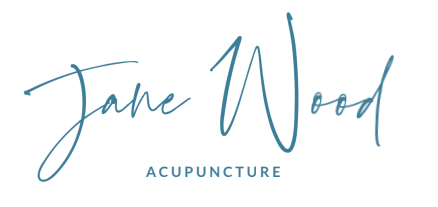Stress, Anxiety, Depression
These are major issues in todays world, causing over 50% of sickness days (HSE, 2020). The World Health Organisation estimates that by 2030 depression will be the leading cause of disability in the world.
“acupuncture was an effective alternative therapy for generalized anxiety”
The World Health Organisation recommends acupuncture for depression and the more up to date, comprehensive review of acupuncture, from The Acupuncture Evidence Project recommends acupuncture for anxiety.
Stress, anxiety, and depression often lead to other health issues like insomnia, difficulty concentrating, nausea diarrhoea, palpitations, aches and pains, shortness of breath, low self esteem, irritable bowel syndrome, lack of energy, headaches and migraines.
Once much misunderstood, there is growing understanding of the biochemical processes causing them. There’s also more of an understanding about the two way process between body and mind, reflecting each other like a mirror. An understanding of how exercise, good nutrition, and sleep affect us.
Our body tries to keep everything on an even keel, a state known as homeostasis. When it receives signals from our nervous system that something is changing in our environment, the body becomes stressed (even if the change is something enjoyable!) and will make changes to bring things back to this even keel. For example, speeding up or slowing down our heart rate.
How does acupuncture help with stress, anxiety and depression?
Research has shown that acupuncture treatment may benefit anxiety and depression by:
Acting on areas of the brain known to reduce sensitivity to pain and stress, as well as promoting relaxation and deactivating the ‘analytical’ brain, which is responsible for anxiety and worry (Hui, 2010)
Regulating levels of neurotransmitters (or their modulators) and hormones such as serotonin, noradrenaline, dopamine, GABA, neuropeptide Y and ACTH; hence altering the brain’s mood chemistry to help to combat negative affective states (Lee 2009; Samuels 2008; Zhou 2008; Yuan 2007)
Stimulating production of endogenous opioids that affect the autonomic nervous system. Stress activates the sympathetic nervous system, while acupuncture can activate the opposing parasympathetic nervous system, which initiates the relaxation response. (Arranz 2007)
Reversing pathological changes in levels of inflammatory cytokines that are associated with anxiety and depression (Arranz 2007)
Reversing stress-induced changes in behaviour and biochemistry (Kim 2009)
Some of the most recent research suggests that depression is associated with dysfunction in the way that parts of the resting brain interact with each other; acupuncture has been shown to be capable of changing the ‘default mode network’ (Dhond 2007)
Acupuncture can be safely combined with conventional treatments such as medication or psycho-educational therapy, possibly enhancing their beneficial effects and reducing unwanted side-effects. (Courbasson 2007 and Yuan 2007).
Consultation & initial treatment
75 - 90 minutes
£85
Follow on treatment
50 minutes
£65
Pre-paid block of six
£360 (£380 with initial consultation)


